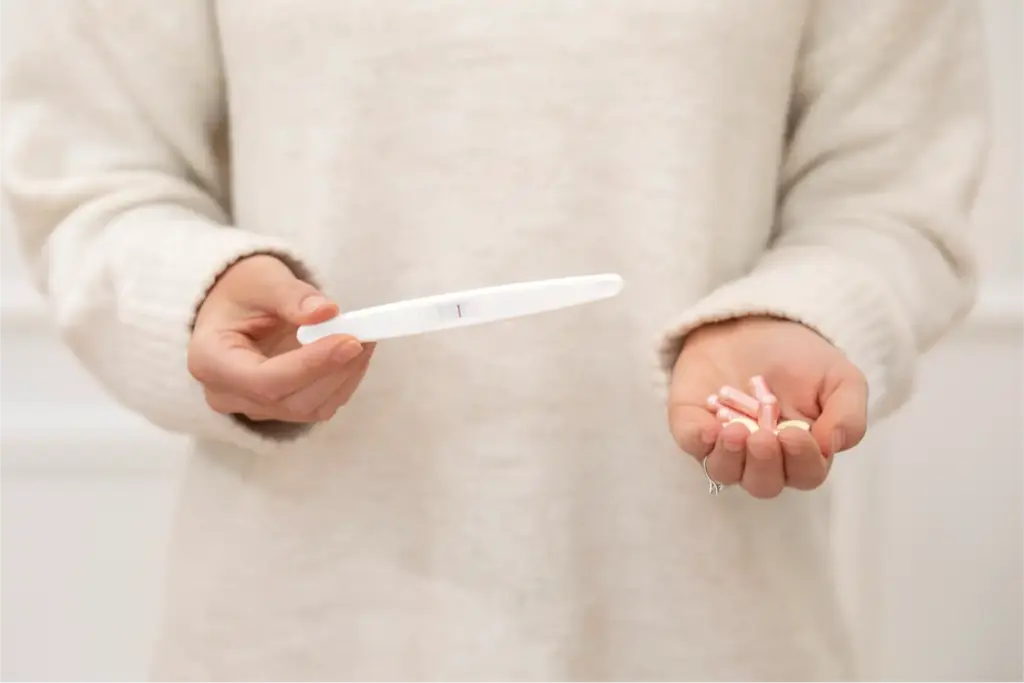
US abortion pill: Federal regulators have approved another generic version of the abortion pill Mifepristone, prompting immediate criticism from anti-abortion groups and Republican lawmakers. Evita Solutions said the Food and Drug Administration has authorised its lower-cost tablet, indicated for ending pregnancies through 10 weeks. The company said the product is expected to launch in January.
Students for Life Action called the decision “a stain on the Trump presidency,” while Sen. Josh Hawley (R-Mo.) posted that he had “lost confidence in the leadership at FDA.” An agency spokesperson said the FDA has “very limited discretion in deciding whether to approve a generic drug” and does not endorse any product, noting that generics are cleared when they match the reference drug’s formulation.
Also Read | UK votes to decriminalise abortion after spike in women’s prosecutions
The approval comes as President Donald Trump’s health team, led by Health and Human Services Secretary Robert F. Kennedy Jr. and FDA Commissioner Dr Marty Makary, faces pressure from abortion opponents to revisit mifepristone’s safety, despite the drug’s 2000 approval and repeated FDA determinations that it is safe and effective.
Kennedy and Makary recently told Republican state attorneys general they would conduct a full safety review. Under their tenure, the FDA has slowed several vaccine decisions, narrowing authorisations for the latest COVID-19 shots, moves that depart from the agency’s typical deference to career scientists.
Mifepristone’s access has expanded and contracted over two decades. The first generic, from GenBioPro, was cleared in 2019, and in 2021, the Biden administration permitted telehealth prescribing and mail-order dispensing. Abortion opponents have challenged those changes in court. Evita Solutions filed its application four years ago; the FDA generally targets a 10-month review for standard generic approvals.
A second generic is unlikely to substantially alter availability. Medication abortion typically uses mifepristone with misoprostol and accounts for roughly two-thirds of US abortions. Access remains limited in states that ban abortion or impose separate restrictions on the drug, amid ongoing litigation. Major medical groups, including the American Medical Association, do not support such restrictions.








